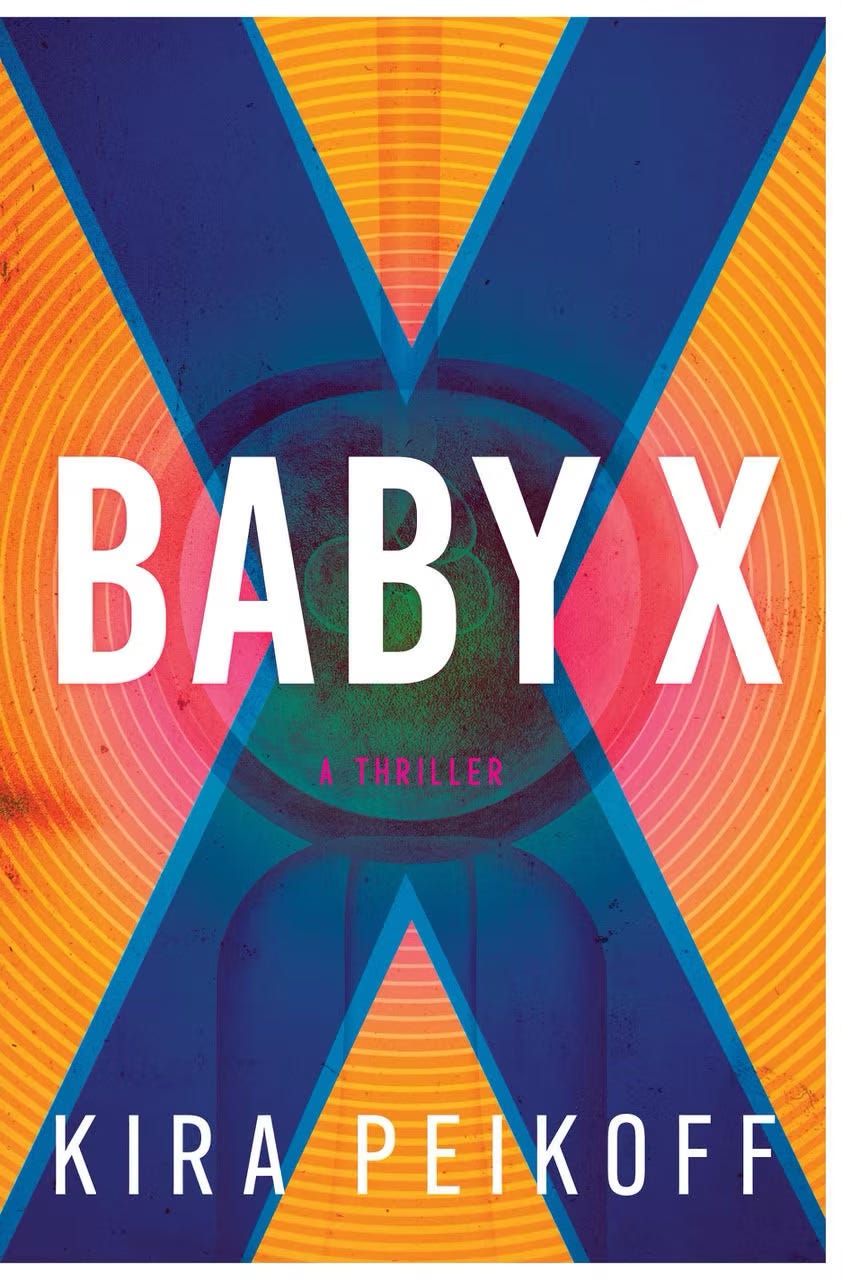The rarest school of literature is its greatest, most exhilarating, and most profound: Romantic realism. One of its most stupendous exemplars, Ayn Rand, defined it as the school of art (including literature) that depicted man “not as he is, but as he might be and ought to be”. She added that it was one of the principles she shared with Aristotle’s and similar to his cardinal aesthetic aphorism: “Poetry is finer and more philosophical than history; for poetry expresses the universal, and history only the particular.” Scholars have debated exactly what Aristotle meant, and critics averred that Rand misinterpreted Aristotle, but, after reading Aristotle’s Poetics (in a translation from a conventional academic), I agree with Rand. Romantic realism is realistic in that it conforms to the laws of physics and metaphysics (it is not fantasy or. magical realism); is is romantic because it does not take humans and their typical behavior at present as given or inevitable but projects human potential and stresses human free will to excel … or even choose to fall short of human potential in the case of negative characters. (Rand considered Dostoevsky a “negative romanticist” who projected humans “as they might be and ought not to be”.) It is a school of heroes in a culture of “superheroes”, antiheroes, and villians that needs heroes more than ever. Its best writers are Victor Hugo and Rand. Joseph Conrad is said to be a romantic realist (I haven’t read him yet). Objectivists Edward Cline and Andrew Bernstein have been rare writers who took Rand’s inspiration to produce contemporary romantic realism.
One of the finest of these too-rare contemporary romantic realists is Kira Peikoff, a journalist and science writer. Born and raised in Southern California, she is now based in New Jersey (where so much of today’s most important cultural works are produced). She has used her extensive education in fertility and reproduction in her riveting novels. Her latest novel, Baby X (Crooked Lane, 2024) is her finest since her debut Living Proof (Tor Books, 2012).
The world of Baby X is set a handful of decades in the future. It is a world in which humans can reproduce without sex. A small sample of DNA can produce sperm and egg cells, and future children are “Selected” based on genes known to be present in those cells. Parents are presented with several possible embryos from which to select with various genetic predispositions. Celebrities become alarmed when their cells are stolen and captured by The Vault, a mysterious organization on the dark web that sells the cells illegally. One of those celebrities is popular (and wealthy) singer/songwriter Trace Thorne. He hires struggling bio-security expert Ember Ryan to safeguard his cells on tour. Meanwhile, a professional surrogate mother meets a man at one of Thorne’s concerts who hires her to carry a child produced from cells of his and his late husband’s. She suspects he has lied to her and that she is carrying Thorne’s child.
Peikoff’s character-driven, logically ineluctable plot (something itself becoming rarer) is ingenious and riveting, but her characters and themes integrate with the plot in some of the best science fiction since Ray Bradbury and Robert A. Heinlein. Her heroic characters’ vulnerabilities and mistakes underscore their virtues and strengths, reifying for readers that one of the amazing aspects of humans is that they can be strong and virtuous despite the opportunities and incentives to be otherwise. In a culture obsessed with weaknesses and flaws, her characters’ strengths, virtues, and even basic decency are more crucial than ever. Those who learn from their mistakes (Ember Ryan in particular) dramatize the possibility of redemption with more verisimilitude than some other romanticists’ attempts (Henryk Sienkiewicz’s overrated Quo Vadis comes to mind). And the villain of the story is also realistic, an evading, all-too-recognizable object of the worst kind of pity who rationalizes his lies and predations.
The novel does have a few shortcomings. While Library Journal has praised Peikoff for making “complex scientific procedures comprehensible for even the nonscientist”, I thought the scientific details could have benefitted from more comprehensive detail. There is a significant continuity error (as the filmmakers would call it) that the editor missed in a scene where a character that is supposed to be handcuffed touches her face. Also, there is arguably a significant plot hole that I couldn’t reveal without spoiling the otherwise inventive plot. (Arguably—it probably could be clarified with a little more detail about the specifics of this futuristic world with so many commonalities with today’s.) Written during the covid era, Peikoff comes across as a bit too much of a covid alarmist. These are minor shortcomings that are insignificant compared to the novel’s virtues. Peikoff’s literary style has also improved since her last few novels.
Baby X’s most salient virtue is its emphasis on human free will and the limits of genetics. Like Peikoff’s other novels (especially Living Proof), those who read Baby X for its entertaining story will be entertained. Those who read and consider the novels’ deeper implications will be inspired and enlightened. Like so many great cultural works, it can be appreciated on multiple levels, but those who dig deeper will be rewarded the deepest.



